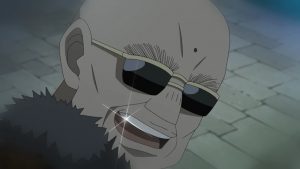 There was definitely a part of me hoping I’d be typing the words “season finale” in the title box rather than the post body for Gurazeni this week. I knew it was a long shot, but this series is obviously made on a modest budget and there’s plenty of manga to adapt so you just never knew. The absence of a third season announcement doesn’t unambiguously rule out a sequel, but it seems a lot less likely now than it did yesterday (and it didn’t seem all that likely then).
There was definitely a part of me hoping I’d be typing the words “season finale” in the title box rather than the post body for Gurazeni this week. I knew it was a long shot, but this series is obviously made on a modest budget and there’s plenty of manga to adapt so you just never knew. The absence of a third season announcement doesn’t unambiguously rule out a sequel, but it seems a lot less likely now than it did yesterday (and it didn’t seem all that likely then).
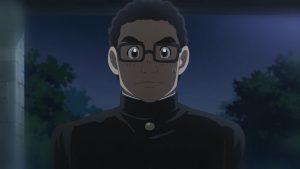 A real shame that is, because this is one hell of a good show. And it carried out its final arc in extremely satisfying fashion, which is entirely unsurprising given how rock solid Gurazeni has been. The true meaning of “money pitch” was the perfect way to wind up, it’s no stretch to say. And while the series literally did end with Bonda Natsunosuke on the mound, the real pitch it’s been building towards was the meat of the finale. And that took place in the boardroom, where decisions shaping the lives of the players are made.
A real shame that is, because this is one hell of a good show. And it carried out its final arc in extremely satisfying fashion, which is entirely unsurprising given how rock solid Gurazeni has been. The true meaning of “money pitch” was the perfect way to wind up, it’s no stretch to say. And while the series literally did end with Bonda Natsunosuke on the mound, the real pitch it’s been building towards was the meat of the finale. And that took place in the boardroom, where decisions shaping the lives of the players are made.
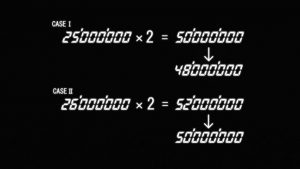 It still strikes me as a real symbol of the difference between American and Japanese culture that there are no agents in the room for any of these contract meetings we see. Arguing one’s own merits – or indeed, listening on as an agent argues them on your behalf – is such an un-Japanese thing to do. And of course the clubs take advantage of this. Clearly Weasel-san and Toad-san are unaccustomed to players sticking up for themselves, and I’d be surprised if they’re not the norm for NPB baseball execs.
It still strikes me as a real symbol of the difference between American and Japanese culture that there are no agents in the room for any of these contract meetings we see. Arguing one’s own merits – or indeed, listening on as an agent argues them on your behalf – is such an un-Japanese thing to do. And of course the clubs take advantage of this. Clearly Weasel-san and Toad-san are unaccustomed to players sticking up for themselves, and I’d be surprised if they’re not the norm for NPB baseball execs.
 Bonda being Bonda, he’s thought this through in obsessive detail. A measly million Yen (about $10K) is chump change to these execs (indeed, the assistant to the GM thinks that to himself later). But there’s a kind of multiplier effect at work here, because every salary increase is going to be based off of whatever the salary was before. A million now might mean two million next winter if Natsunsosuke makes it to 60 appearances, and that might mean the difference between making to to the magical 50 million mark and falling short. So this one million isn’t really about one million.
Bonda being Bonda, he’s thought this through in obsessive detail. A measly million Yen (about $10K) is chump change to these execs (indeed, the assistant to the GM thinks that to himself later). But there’s a kind of multiplier effect at work here, because every salary increase is going to be based off of whatever the salary was before. A million now might mean two million next winter if Natsunsosuke makes it to 60 appearances, and that might mean the difference between making to to the magical 50 million mark and falling short. So this one million isn’t really about one million.
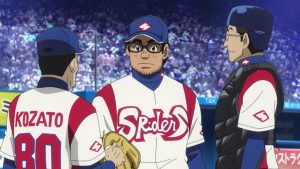 Man, I loved seeing Natsunosuke stand up for himself. An obsessive, neurotic ballplayer makes a great protagonist – and the fact that Bonda is such a sweet guy to boot is really the clincher (I mean, how can you not root for him?). I was curious what the root of his promised appeal would be, but I didn’t see it coming. It all comes down to a fateful night when the Spiders were going for their 4,000th win, on the same night Kawasaki-san was going for his 150th and first place was on the line. Bonda pitched four innings to heroically preserve the win and get the save – but the story goes even deeper than that.
Man, I loved seeing Natsunosuke stand up for himself. An obsessive, neurotic ballplayer makes a great protagonist – and the fact that Bonda is such a sweet guy to boot is really the clincher (I mean, how can you not root for him?). I was curious what the root of his promised appeal would be, but I didn’t see it coming. It all comes down to a fateful night when the Spiders were going for their 4,000th win, on the same night Kawasaki-san was going for his 150th and first place was on the line. Bonda pitched four innings to heroically preserve the win and get the save – but the story goes even deeper than that.
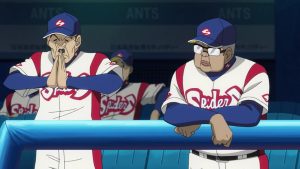 I could quibble that the whole thing about the star couple was a bit of a left field development, but it was so amusing I can’t muster any real peevishness over that. Indeed it’s pure luck that Bonda’s performance led to that couple outing themselves both as a couple and as Spiders’ fans (and putting the 4,000th win on the front page and the lead on the evening news), and even more so that they announced their engagement while the negotiations for the contract were on a “break”. But hey, when you’re not a star you have to be an opportunist in every sense, and Bonda certainly is that. And I think once his playing career ends he’d make a pretty good agent (though they don’t seem to get much play in Japanese baseball).
I could quibble that the whole thing about the star couple was a bit of a left field development, but it was so amusing I can’t muster any real peevishness over that. Indeed it’s pure luck that Bonda’s performance led to that couple outing themselves both as a couple and as Spiders’ fans (and putting the 4,000th win on the front page and the lead on the evening news), and even more so that they announced their engagement while the negotiations for the contract were on a “break”. But hey, when you’re not a star you have to be an opportunist in every sense, and Bonda certainly is that. And I think once his playing career ends he’d make a pretty good agent (though they don’t seem to get much play in Japanese baseball).
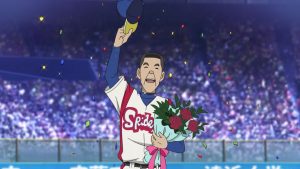 This was a win for the good guys – certainly for this good guy. Sports execs are generally weasels everywhere (almost as bad as owners), and the treatment Natsunosuke got from the assistant especially was pretty galling. But he got his money, bless him – and he deserved it, too. And given how fixated he is on salary every time he faces an opposing hitter, the club really made an investment in their own success here as much as anything. Bonda being Bonda he agonizes later over whether he’s pissed off management – but in truth, they were more impressed than anything, and a million Yen is pretty much couch cushion money to them.
This was a win for the good guys – certainly for this good guy. Sports execs are generally weasels everywhere (almost as bad as owners), and the treatment Natsunosuke got from the assistant especially was pretty galling. But he got his money, bless him – and he deserved it, too. And given how fixated he is on salary every time he faces an opposing hitter, the club really made an investment in their own success here as much as anything. Bonda being Bonda he agonizes later over whether he’s pissed off management – but in truth, they were more impressed than anything, and a million Yen is pretty much couch cushion money to them.
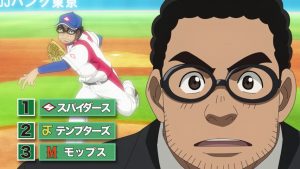 All in all this was an outstanding finale, delivering as it did on the titular core premise of Gurazeni. The one disappointment is in not seeing any conclusion (or real development) with Yuki-san, but that’s the toll to be paid with adaptations of ongoing manga. I’m quite satisfied nonetheless as I’d steeled myself for that, and now it’s time to turn to the manga to see what happens – is what I’d like to say, but I can’t because it’s not licensed and no one is translating it. So we’re pretty much in the position of hoping for a miracle sequel announcement at some point. Or reading Gurazeni in the original Japanese of course, but seinen manga are notoriously stingy with the furigana…
All in all this was an outstanding finale, delivering as it did on the titular core premise of Gurazeni. The one disappointment is in not seeing any conclusion (or real development) with Yuki-san, but that’s the toll to be paid with adaptations of ongoing manga. I’m quite satisfied nonetheless as I’d steeled myself for that, and now it’s time to turn to the manga to see what happens – is what I’d like to say, but I can’t because it’s not licensed and no one is translating it. So we’re pretty much in the position of hoping for a miracle sequel announcement at some point. Or reading Gurazeni in the original Japanese of course, but seinen manga are notoriously stingy with the furigana…
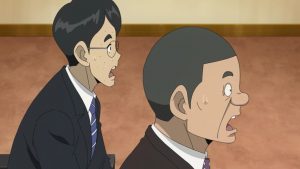 It was a pretty good year for sports anime on the whole (though that’s cutting against the grain of the year as a whole) and Gurazni was a big part of that. It stands as a sort of Giant Killing for baseball, though it’s far more of a personal story than that series. And it makes a great contrast to Major 2nd, likewise directed by Watanabe Ayumu – the latter portraying baseball as the kids game it is in its purest form, the former as the business it is at its most calculated. We don’t see many sports series like Gurazeni, or many main characters as likeable and fascinating as Bonda Natsunosuke. I’ll miss them both, but anime was much the better for their having been a part of it.
It was a pretty good year for sports anime on the whole (though that’s cutting against the grain of the year as a whole) and Gurazni was a big part of that. It stands as a sort of Giant Killing for baseball, though it’s far more of a personal story than that series. And it makes a great contrast to Major 2nd, likewise directed by Watanabe Ayumu – the latter portraying baseball as the kids game it is in its purest form, the former as the business it is at its most calculated. We don’t see many sports series like Gurazeni, or many main characters as likeable and fascinating as Bonda Natsunosuke. I’ll miss them both, but anime was much the better for their having been a part of it.


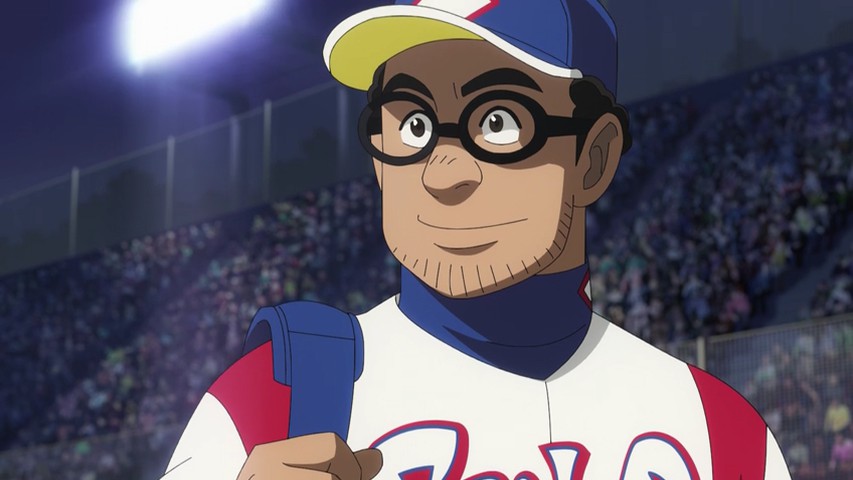
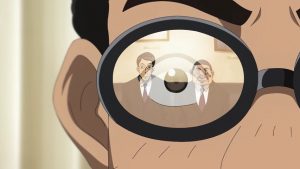
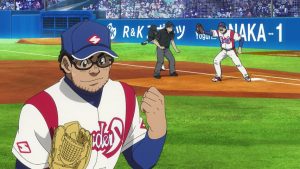

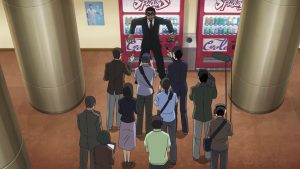
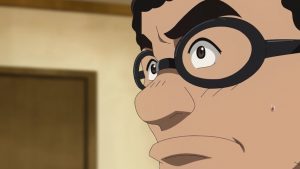
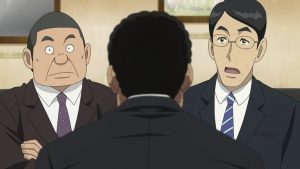
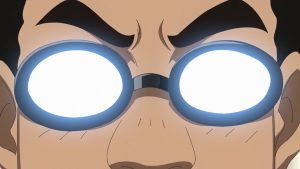
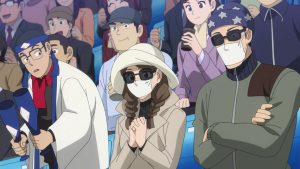
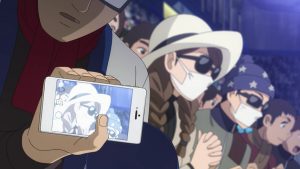
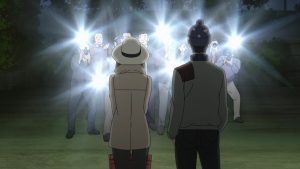
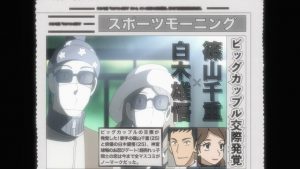
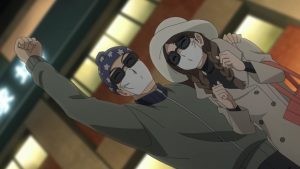
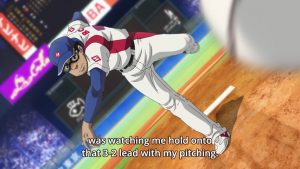
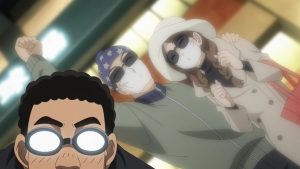
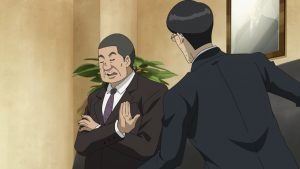
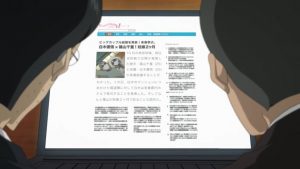
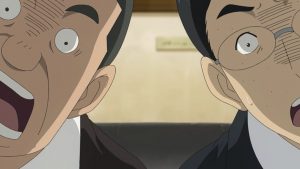
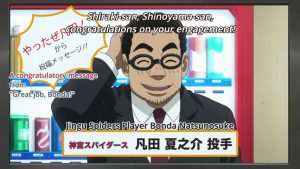
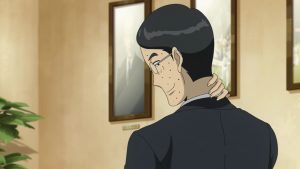
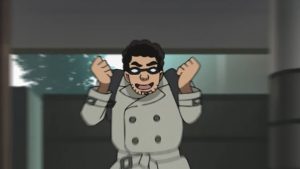
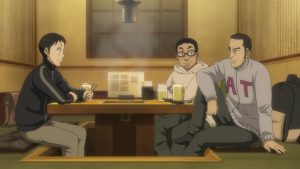
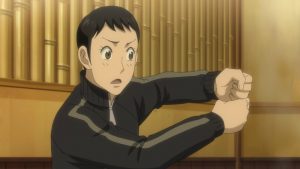
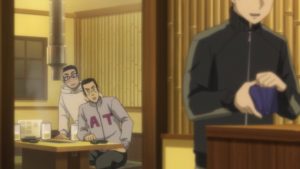
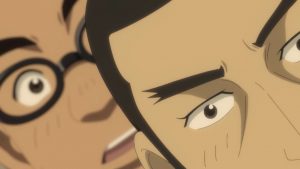
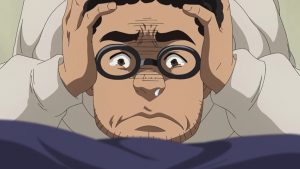
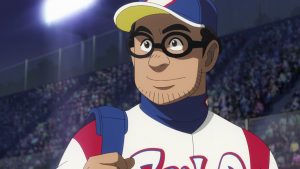
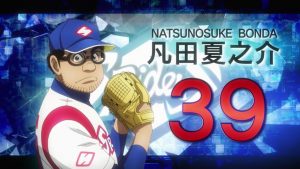
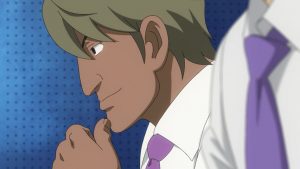
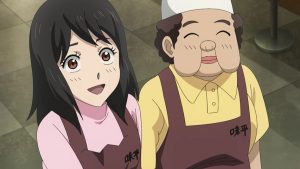
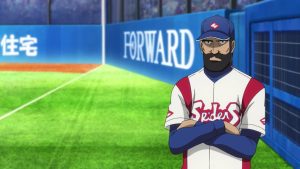
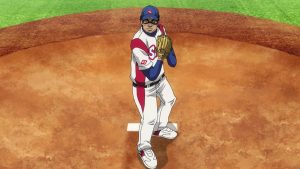
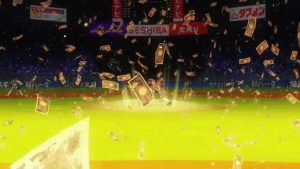
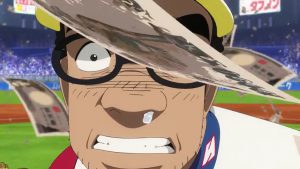
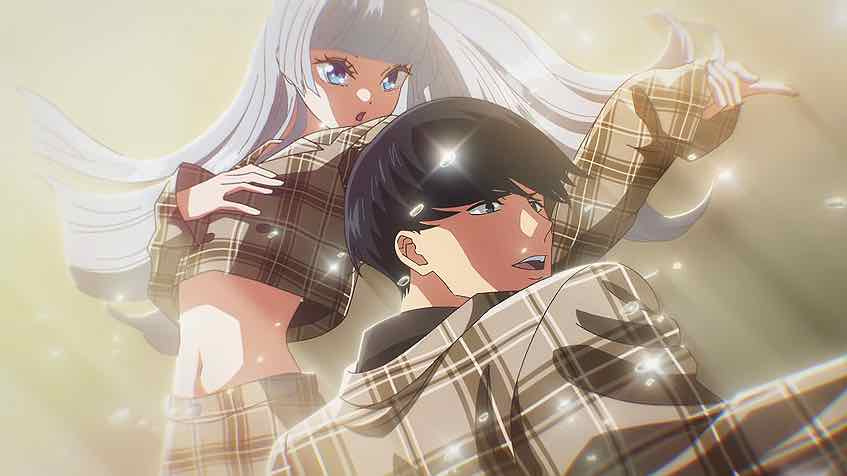
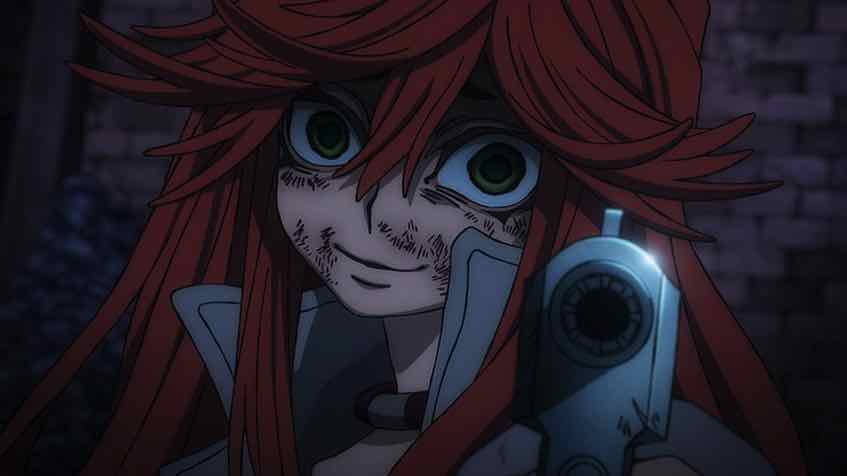
Melvin
December 27, 2018 at 10:51 pmTotally agree with your assessment.